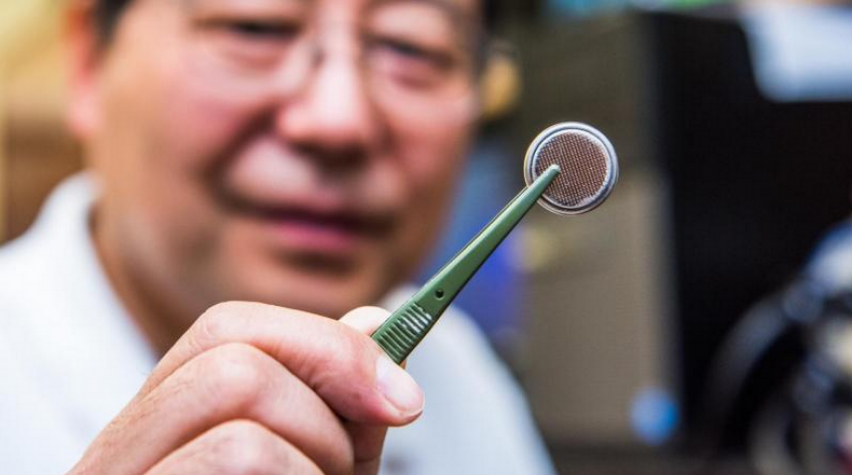
Researchers at Kansas State University and Catalyst Power Technologies Inc. have recently received a patent that promises higher efficiency for lithium-ion batteries. The researchers’ work relies on silicon rather than graphite or other carbonaceous materials and therefore provides higher capacity limits, shorter charging periods and significantly longer battery lifetimes. Their work is expected to boost efficiency in small devices as well as larger equipment such as all-electric cars.
The patent issued is for a lithium-ion battery anode, including a core-shell heterostructure of silicon-coated vertically aligned carbon nanofibers. The inventors' work has focused on adjusting structure, composition and other factors to store more energy per gram, thereby reducing the battery's weight, making it run longer and improving the power output.
In the world of batteries, pricing is a sensitive area. Jun Li, one of researchers, points out that 70 percent of the cost of Tesla's newest version, the Model 3, goes to the battery.
But while lowering cost is important, it is equally important to create more efficient batteries—and the researchers have aimed at doing this at a price similar to current technology. National Science Foundation, NASA and the state of Kansas have provided funding for the research. Catalyst Power Technologies Inc. will be putting this technology on the market.
You can read more about these researchers' work in the news release and in their published work.


